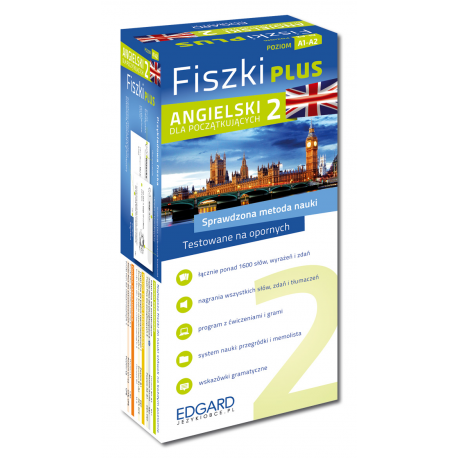




Angielski gramatyka - Mowa zależna: wprowadzenie
Podsumowanie
Różnice, pomiędzy say oraz tell.
Oba te słówka to tzw Reporting Verbs. Tell używamy w odniesieniu do faktów i przekazywanych informacji, natomiast say np. przy powitaniach i pożegnaniach. Kiedy wymieniamy zarówno osobę mówiącą jak i adresata wypowiedzi, przeważnie używamy tell. W takim przypadku można użyć również say jednak jest to rzadko spotykane i wymaga użycia słówka to po say.
Alex smiled when he saw the present and said thanks.
David told a joke at the party.
Chris told us he wasn't feeling well and left early.
At 11:30 Sandy said goodnight and left.
Max and Joan said to me that they couldn't come to the party.
| Quoted speech | Reported speech | |
| (Direct speech) | (Indirect speech) | |
| Jennifer said, 'I like birthdays.' lub | Jennifer said that she liked birthdays. | |
| 'I like birthdays,' said Jennifer. lub | ||
| 'I like birthdays,' Jennifer said. | ||
| Jennifer asked, 'When is your birthday?' | Jennifer asked when is my birthday. | |
| 'I'm over 30,' said Jennifer. | She told us that she's over 30. lub | |
| She said to us that she's over 30. lub | ||
| She said to us she's over 30. lub | ||
| She said she's over 30. lub | ||
| She said that she's over 30. |
Różnice, pomiędzy say oraz tell.
Oba te słówka to tzw Reporting Verbs. Tell używamy w odniesieniu do faktów i przekazywanych informacji, natomiast say np. przy powitaniach i pożegnaniach. Kiedy wymieniamy zarówno osobę mówiącą jak i adresata wypowiedzi, przeważnie używamy tell. W takim przypadku można użyć również say jednak jest to rzadko spotykane i wymaga użycia słówka to po say.
Alex smiled when he saw the present and said thanks.
David told a joke at the party.
Chris told us he wasn't feeling well and left early.
At 11:30 Sandy said goodnight and left.
Max and Joan said to me that they couldn't come to the party.
Tagi: gramatyka, język angielski, tekst, mowa zależna, reported speech, nauka angielskiego, wyrażenia, gramatyka angielska, film po angielsku
Zaproponuj zmianę

|
Angielski Fiszki PLUS dla początkujących 2 (600 fiszek + program i nagrania do pobrania + kolorowe przegródki + etui)
Testowane na opornych! |



 Angielski
Angielski
 Arabski
Arabski Chiński
Chiński Chorwacki
Chorwacki Czeski
Czeski Duński
Duński Fiński
Fiński Francuski
Francuski Grecki
Grecki Hiszpański
Hiszpański Holenderski
Holenderski Japoński
Japoński Niemiecki
Niemiecki Norweski
Norweski Polski
Polski Portugalski
Portugalski Rosyjski
Rosyjski Szwedzki
Szwedzki Turecki
Turecki Ukraiński
Ukraiński Węgierski
Węgierski Włoski
Włoski
















